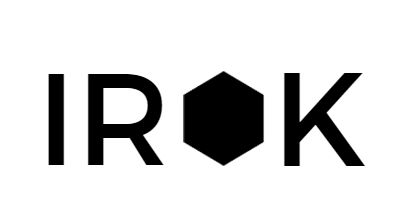My father’s parenting style was always more reprimanding than praise-driven. That sounds negative, maybe it was in some cases, but I mean it in the literal sense that in order to get me to do something or stop doing something he would critique a flaw rather than praise a strength.
It’s fascinating how the young, predetermined mind will cling onto very specific moments, as minute as a sentence or word or facial expression that gets locked into the hippocampus as a clear memory periodically spurred with a déjà vu. Moments that on the surface are unremarkable, yet they’ve stuck for whatever reason and likely do more to shape who we become.
A couple of those that come to mind are two reactions by my father to sentences I once said. I said “It is what it is” to some conundrum I now don’t recall. He retorts, “I hate that sentence. Don’t see it that way, something can always be done.” As a young tomboy, I always sought the approval and praise of my stoic, tough father so hearing this, I internalized it. I don’t think I’ve said it since, and every time I hear it I have an urge to push back on the notion. I interpreted it as a push to take action rather than accept things as is. Change is the world’s default state, it’s up to us to influence and guide that change. All is possible with the right doing. But the vital key is doing, not sitting and accepting.
The second—I said “I don’t get it” to a silly joke not noteworthy enough to be linked to the memory. He snapped “Don’t say that, you sound stupid.” The sting that came from that, and who it came from, was enough to have a similar impact on me. It created a new behavior, or more accurately a repressed behavior, in order to prevent a similar sting in the future, i.e. never saying "I don’t get it", or anything similar, again. His reaction may come off as harsh, but I also wonder if we’ve gotten a bit soft when it comes to parenting. The curtness of it is what made it effective. And it was ambiguous enough for me to derive my own meaning, which ended up being to ask intelligent questions. Be specific on the disconnects in communication and knowledge, it’ll get you answers more quickly and effectively. How is someone going to help you with an “I don’t get it"? That gives them zero direction for how to reframe. It provides no insight into the gap that exists between you and understanding, preventing them from helping you fill that gap.
I’ve recently been inspired to psychoanalyze my upbringing a bit and peel the layers of my current state to find ones likely grown from how I was raised, thanks in part to reading “Truth" by Neil Strauss. It’s been somewhat scary and vulnerable but mostly fascinating and enlightening. I’ve always believed nature trumped nurture. I studied bioengineering and economics, I work in technology, I read nonfiction for fun. For better or worse, I’m a quintessential type A—a serial analyzer and logic-driven reasoner. The guiding first principles I rely on are evolution and the scientific method. But I’m increasingly learning about the impact of upbringing. How the interactions and experiences in the young formative years play a similarly large part in creating our layers of self. These ingrained memories are little tastes of that.
